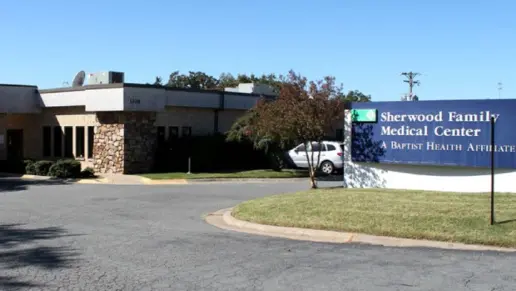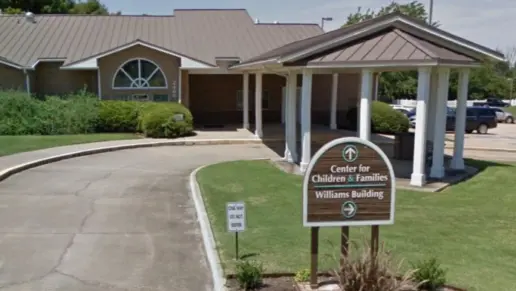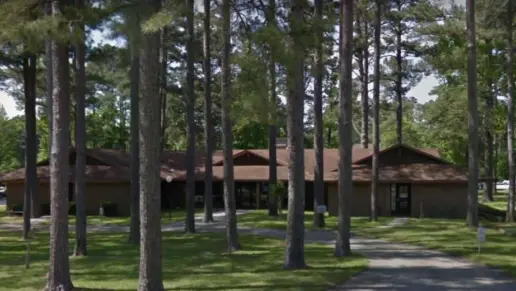About Project New Start – Esther House
You’ll find Project New Start’s Esther House near the White River in Newport, Arkansas. Established in 2006, this faith-based recovery home serves women without children as well as pregnant and postpartum women. With a philosophy rooted in the teachings of Christianity, you can access a welcoming space to hone in on recovery and spirituality.
Sober living homes provide a balance between independence and ongoing support. Their facility has 16 beds and helps women rebuild their lives while strengthening their relationship with God. You’ll benefit from morning and evening life skills classes, community projects, and other assignments to gain the tools to sustain recovery.
An Inviting Space to Call Home
What stands out most to me is their home-like atmosphere. You’ll live on campus among peers and staff who were once in your shoes. You can access continuous support from a live-in house mother who graduated from the program. I think this is wonderful because you can connect with women on similar paths. You’ll also benefit from new insights from someone who understands your situation and can share their personal experiences to enhance your journey.
Fostering Growth Through Volunteering
Another notable feature I noticed was their volunteer opportunities. You’ll have the chance to give back to others in need with their nursing home ministry. They provide options to spread joy and encourage elderly people living in local nursing homes. This is a great way to not only give back but also to build meaningful relationships and find a deeper purpose in your journey.
Keeping Families Together
Lastly, I think it’s nice that they also offer recovery homes where your children can live with you on campus. You and your family will benefit from staying together and healing throughout your journey.
Rehab Score
Gallery
Other Forms of Payment
Medicaid is a state based program that helps lower-income individuals and families pay for healthcare. Medicaid covers addiction treatment so those enrolled can use their coverage to pay for rehab. When a program accepts Medicaid the client often pays very little or nothing out of their own pocket.
Medicare is a federal program that provides health insurance for those 65 and older. It also serves people under 65 with chronic and disabling health challenges. To use Medicare for addiction treatment you need to find a program that accepts Medicare and is in network with your plan. Out of pocket costs and preauthorization requirements vary, so always check with your provider.
Military members, veterans, and eligible dependents have access to specific insurance programs that help them get the care they need. TRICARE and VA insurance can help you access low cost or no cost addiction and mental health treatment. Programs that accept military insurance often have targeted treatment focused on the unique challenges military members, veterans, and their families face.
Addiction Treatments
Levels of Care
Treatments
The goal of treatment for alcoholism is abstinence. Those with poor social support, poor motivation, or psychiatric disorders tend to relapse within a few years of treatment. For these people, success is measured by longer periods of abstinence, reduced use of alcohol, better health, and improved social functioning. Recovery and Maintenance are usually based on 12 step programs and AA meetings.
The goal of drug rehab in Arkansas is to help individuals stop using addictive substances and learn healthy ways to remain clean long-term. Participants learn vital skills to cope with cravings and manage stress, to prevent relapse.
Many of those suffering from addiction also suffer from mental or emotional illnesses like schizophrenia, bipolar disorder, depression, or anxiety disorders. Rehab and other substance abuse facilities treating those with a dual diagnosis or co-occurring disorder administer psychiatric treatment to address the person's mental health issue in addition to drug and alcohol rehabilitation.
Opioid rehabs specialize in supporting those recovering from opioid addiction. They treat those suffering from addiction to illegal opioids like heroin, as well as prescription drugs like oxycodone. These centers typically combine both physical as well as mental and emotional support to help stop addiction. Physical support often includes medical detox and subsequent medical support (including medication), and mental support includes in-depth therapy to address the underlying causes of addiction.
Substance rehabs focus on helping individuals recover from substance abuse, including alcohol and drug addiction (both illegal and prescription drugs). They often include the opportunity to engage in both individual as well as group therapy.
Programs


Clinical Services
In individual therapy, a patient meets one-on-one with a trained psychologist or counselor. Therapy is a pivotal part of effective substance abuse treatment, as it often covers root causes of addiction, including challenges faced by the patient in their social, family, and work/school life.
Life skills trainings involve all the skills a person must have in order to function successfully in the world. These include time management, career guidance, money management, and effective communication. Truly successful addiction recovery is based on the ability to not only live substance-free, but to thrive. Life skills teaches the practical necessities of functioning in society, which sets clients up for success in life, and therefore sobriety.
Contact Information
1515 Dewey Avenue
Newport, AR 72112


